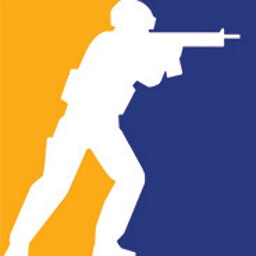Install Steam
login
|
language
简体中文 (Simplified Chinese)
繁體中文 (Traditional Chinese)
日本語 (Japanese)
한국어 (Korean)
ไทย (Thai)
Български (Bulgarian)
Čeština (Czech)
Dansk (Danish)
Deutsch (German)
Español - España (Spanish - Spain)
Español - Latinoamérica (Spanish - Latin America)
Ελληνικά (Greek)
Français (French)
Italiano (Italian)
Bahasa Indonesia (Indonesian)
Magyar (Hungarian)
Nederlands (Dutch)
Norsk (Norwegian)
Polski (Polish)
Português (Portuguese - Portugal)
Português - Brasil (Portuguese - Brazil)
Română (Romanian)
Русский (Russian)
Suomi (Finnish)
Svenska (Swedish)
Türkçe (Turkish)
Tiếng Việt (Vietnamese)
Українська (Ukrainian)
Report a translation problem
















While scant usage referring to male homosexuality dates to the late 19th century, that meaning became increasingly common by the mid-20th century. In modern English, gay has come to be used as an adjective, and as a noun, referring to the community, practices and cultures associated with homosexuality. In the 1960s, gay became the word favored by homosexual men to describe their sexual orientation. By the end of the 20th century and beginning of the 21st century, the word gay was recommended by major LGBTQ groups and style guides to describe people attracted to members of the same sex, although it is more commonly used to refer specifically to men.